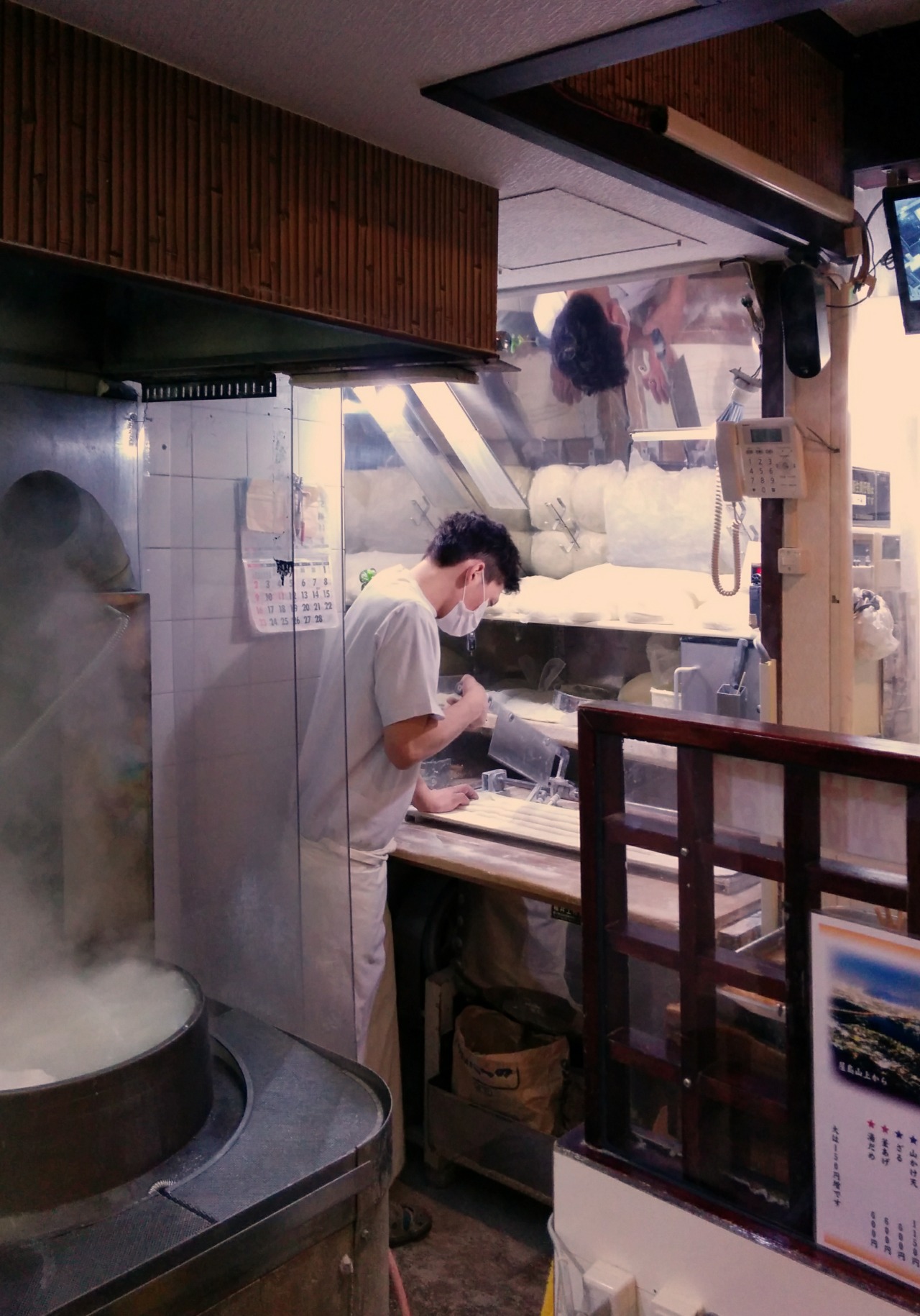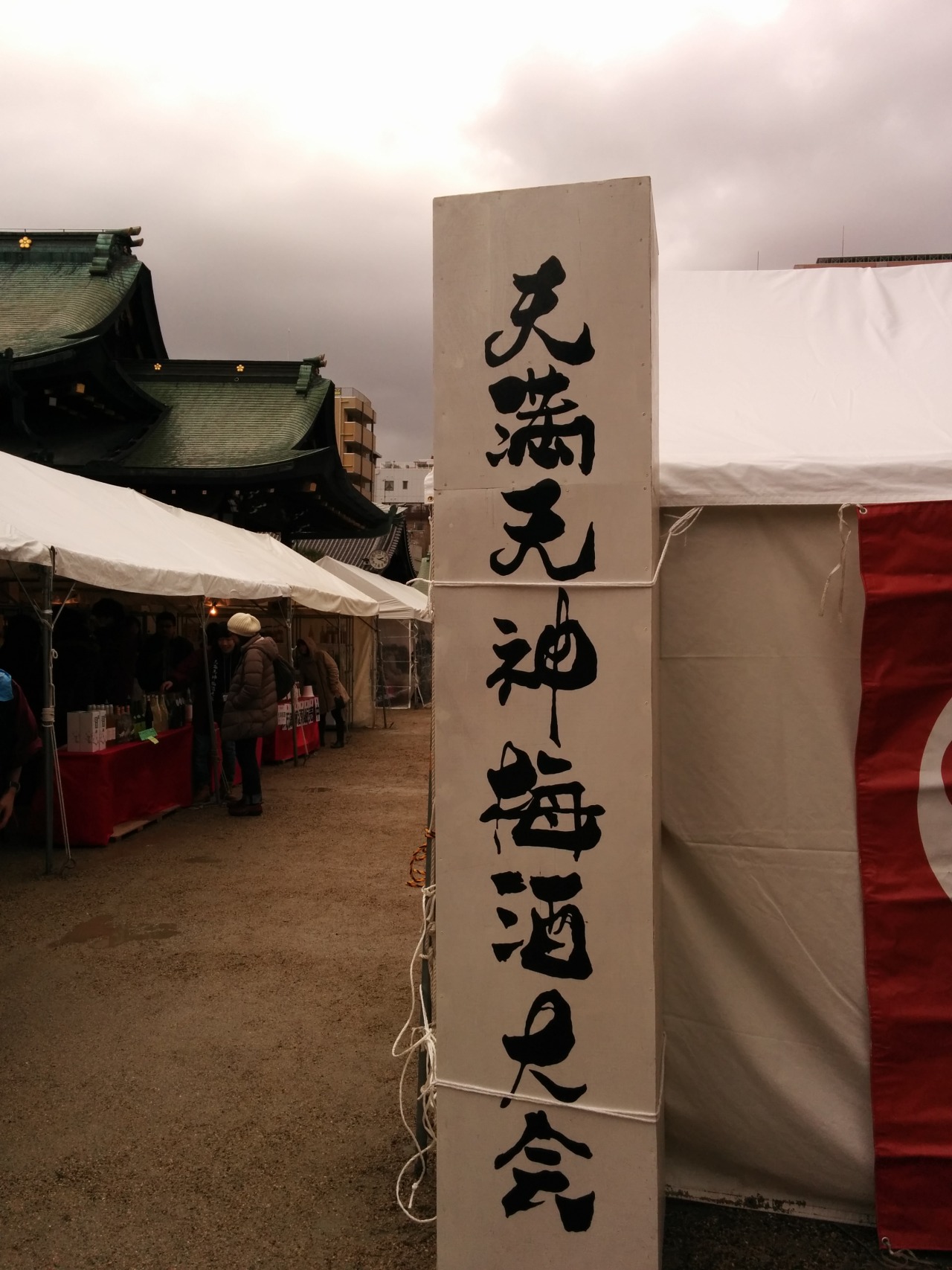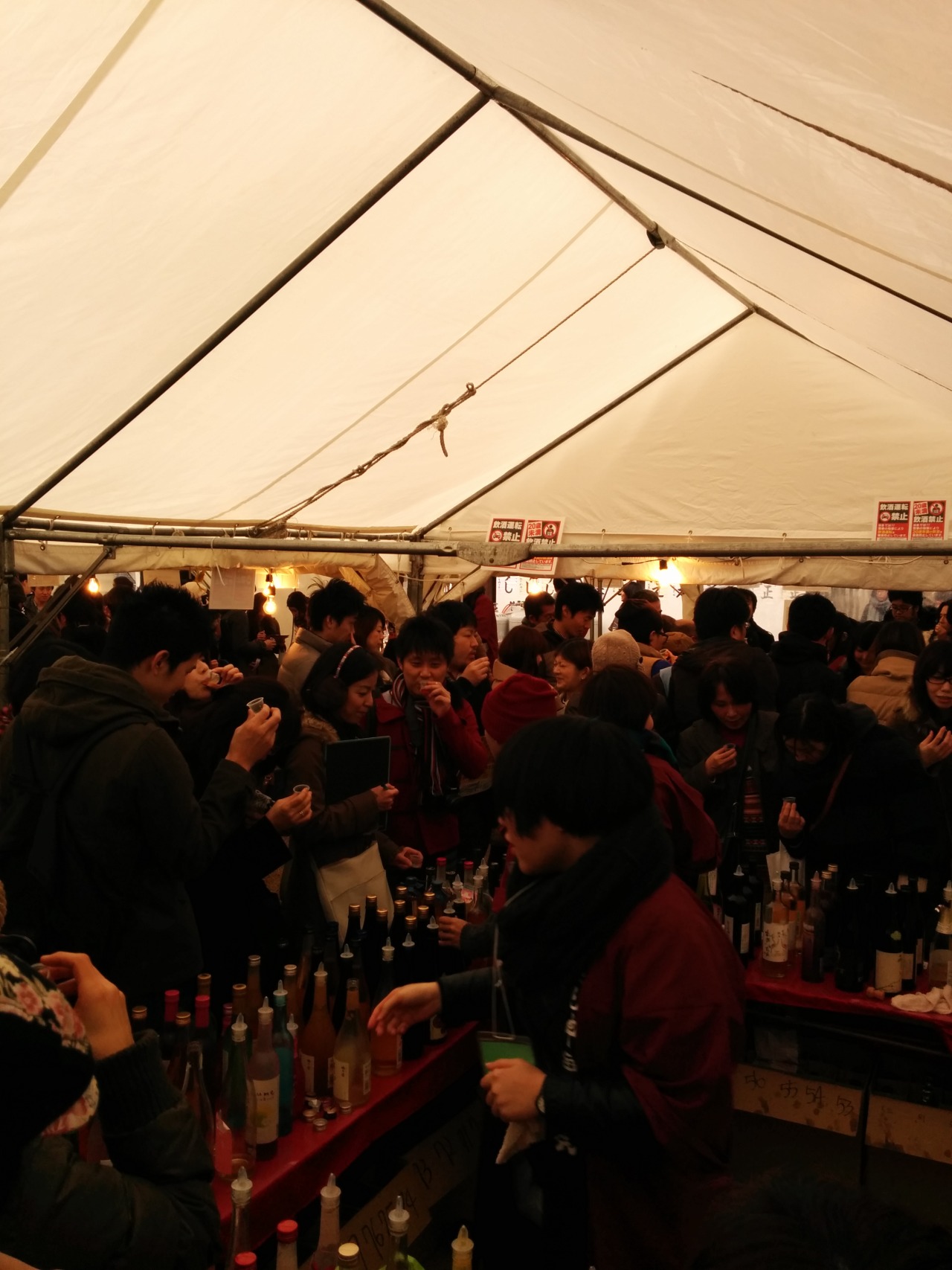

a cold, wet day spent walking around a wind-swept island prepares you well for large quantities of starch. immediately after landfall in takamatsu—udon capital of an udon-obsessed prefecture—we made for
tsurumaru, the first of three udon specialists and a tiny, fairly seedy shop near the port where the tables turned every 7 minutes. skip the oden, go for the udon: handmade before your eyes (if you're facing the right direction), briefly and precisely cooked, served in dashi with a scatter of scallions. the dashi is strongly flavoured from dried sardines and mackerel, so this is not a retiring wallflower bowl of soup. the usual add-ins are available but only the poorly executed noodle needs to hide beneath a veil of garnish.






